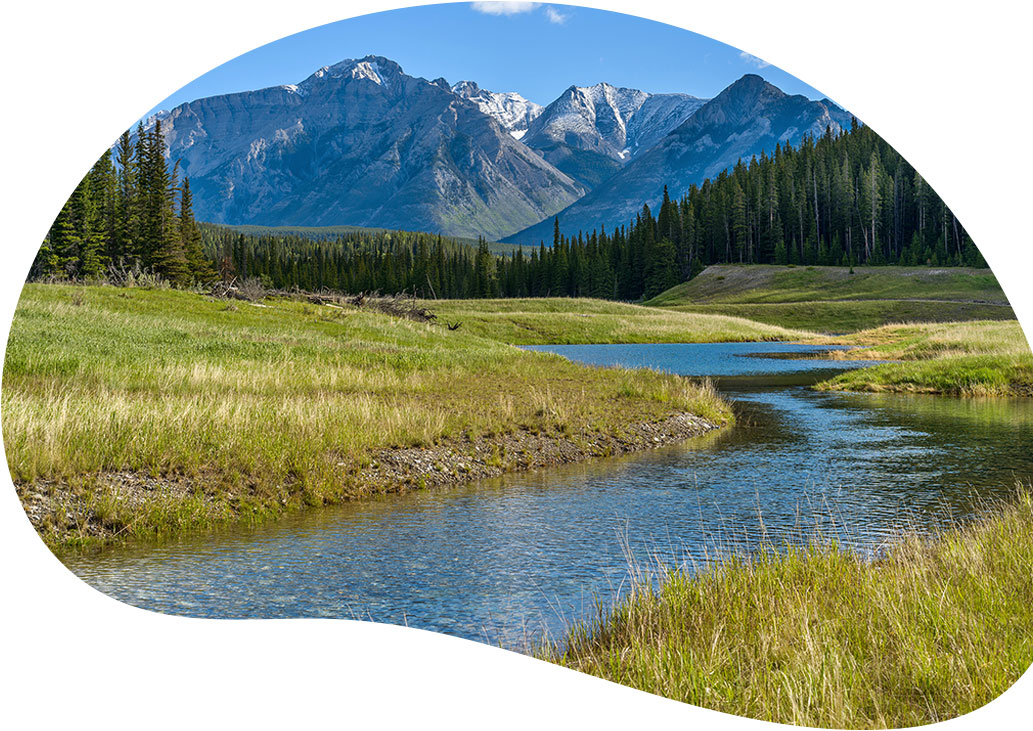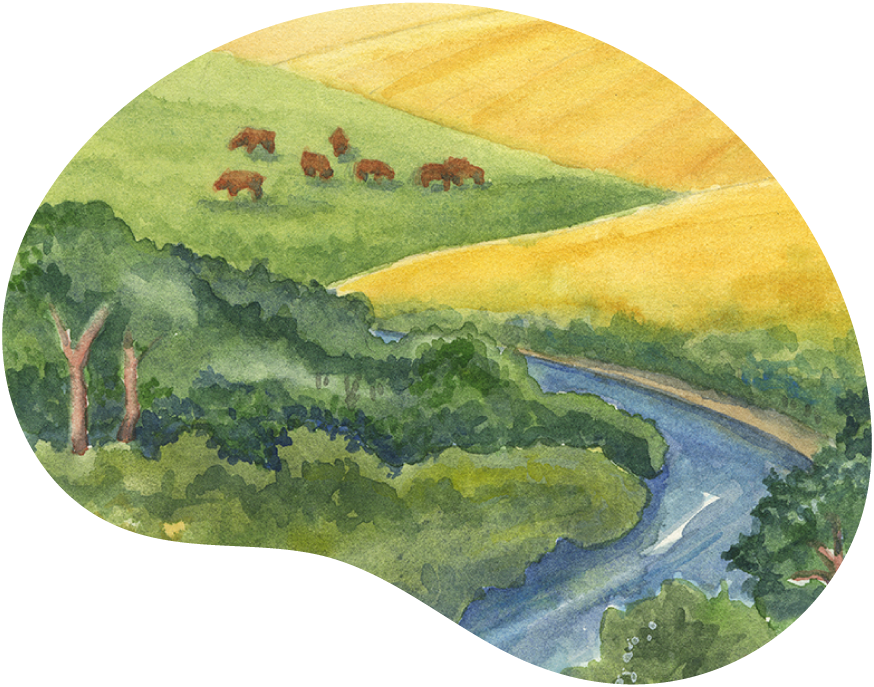The Native Trout Science Workshop & Gathering
at the Four Points by Sheraton Calgary Airport
February 26 - 28 2025
Sign Up


The 2025 Alberta Native Trout Science Workshop & Gathering will feature exciting talks, guest speakers, workshops, and networking opportunities centered around connecting people and organizations interested in recovering native fish. This in-person event will take place this February in Calgary at the Four Points by Sheraton Calgary Airport. Click here to reserve your room.
Similar to the previous Alberta Native Trout Science Workshop in 2023 we will be publishing proceedings from the event to document the event’s learnings and act as a reference for future generations of native trout fanatics. Here are four approaches to share information:
5 min presentation – brief project description for research in its early phases or providing a brief update on ongoing research. (~4 min talk 1 min question).
15 min presentation – on general topics with more information than 5 min talks (~10 min talks, 5 min questions).
30 min invited speakers – a presentation from a subject matter expert related to each theme which is used to set the stage (~20 min talks 10 min questions / discussion).
2.5 h breakout sessions – sessions related to a facilitated workshop topic. This could be showcasing a new tool or discussing a topic related to a specific question.
Note, presentations can come in many formats and could include western science PowerPoint format, stories, videos, and/or song.
Abstract Submissions
Click here to view the abstract submission form. You can also submit your abstract via email to callore@friresearch.ca or bkissinger@friresearch. Please submit your abstract no later than January 10, 2025.
Potential themes
Potential themes include cumulative effects, climate change, non-native species interactions, angling, genetics, habitat, research advances, cows and fish, forestry and fish, communication and outreach, monitoring threats.
Additionally, four 2.5 h concurrent breakout sessions will also occur related to
Use of cumulative effects models,
Policy related to working around water,
Use of new tools developed from LiDAR,
Indigenous knowledge and teachings related to water and fish.


